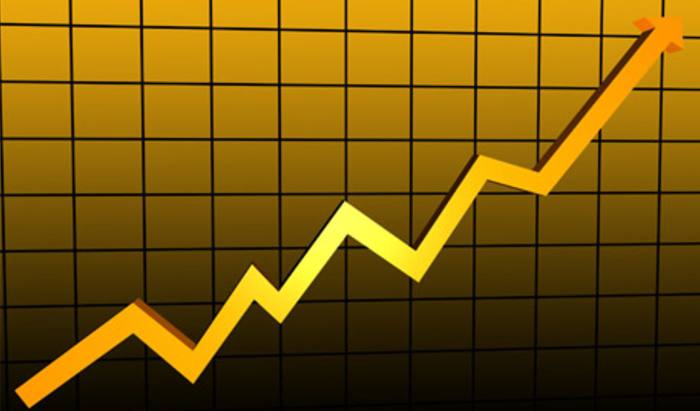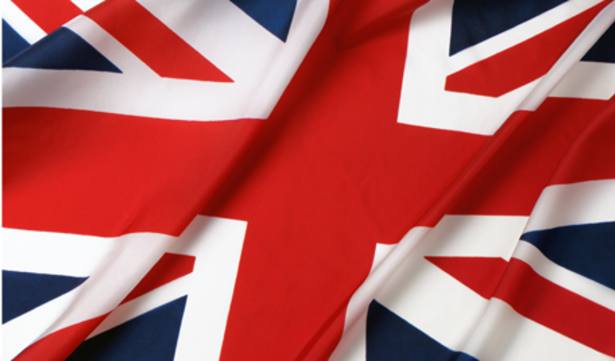
Large market capitalisation companies are historically a source of stability for investors because their scale and established reputation with consumers serve as a buffer for revenue-making operations when economic quakes occur.
In general, the stock prices of such businesses may not grow as fast as smaller companies because they are already leaders in their respective markets. However, what they lack in growth opportunity they make up for in the potential for stable and sustainable dividend payments.
Despite the well publicised plight of Pearson, which earlier this year announced its intention to cut its dividend payout after issuing the latest in a string of profit warnings, dividends paid by large companies are more secure than those paid by small and medium sized companies, broadly speaking.
Many investors have turned to dividend stocks to supplement lowly bond yields amid a period of significant quantitative easing by central banks.
Another carrot when it comes to investing in large caps is the glut of information that allows investors to make well-informed decisions about these companies.
The FTSE 100 is trading at record highs at present, but the UK investment landscape has ventured into uncharted territory following the Brexit referendum vote on 23 June last year – which is set to challenge the notion of stability with large caps.
Mark Dampier, head of research at Hargreaves Lansdown, said: “I do not think anyone knows the impact Brexit will have on large caps. One would assume that big UK companies have enough clout to withstand the challenges.”
Article 50 has now been triggered and Brexit talks are due to start shortly after the election, but the prospect of Brexit has resulted in a 13 per cent slump in sterling to £1 being worth $1.28 in 11 months to May.
Adrian Lowcock, investment director at Architas, said firms around the world are seeking to cash in on opportunities presented by the fall in sterling.
He added: “Sterling has probably bottomed unless we see major disruptions from the Brexit negotiations. Of course, by the same token, it is more expensive for UK companies to engage in merger and acquisition activities abroad.”
FTSE 100 listed Unilever, for example, was earlier this year subject to a colossal £115bn takeover bid from US food juggernaut Kraft Heinz – owner of widely popular Heinz Tomato Ketchup.
The bid was abandoned after a vehement rejection from Unilever, which later unveiled plans for a comprehensive review of its business to boost returns for shareholders.
Mr Dampier said: “I’m surprised that Kraft called off the takeover bid as quickly as it did. I think this is a sign of things to come. Large caps are struggling to grow their business because of things like stiffer regulation, a general slowdown in growth of global markets and the issues that come with an ageing population. These companies are seeking growth – albeit through inorganic means.
“Currency is not the sole factor behind a takeover approach, but the devaluation of sterling has probably encouraged foreign companies to accelerate their merger or acquisition plans with UK companies.”






